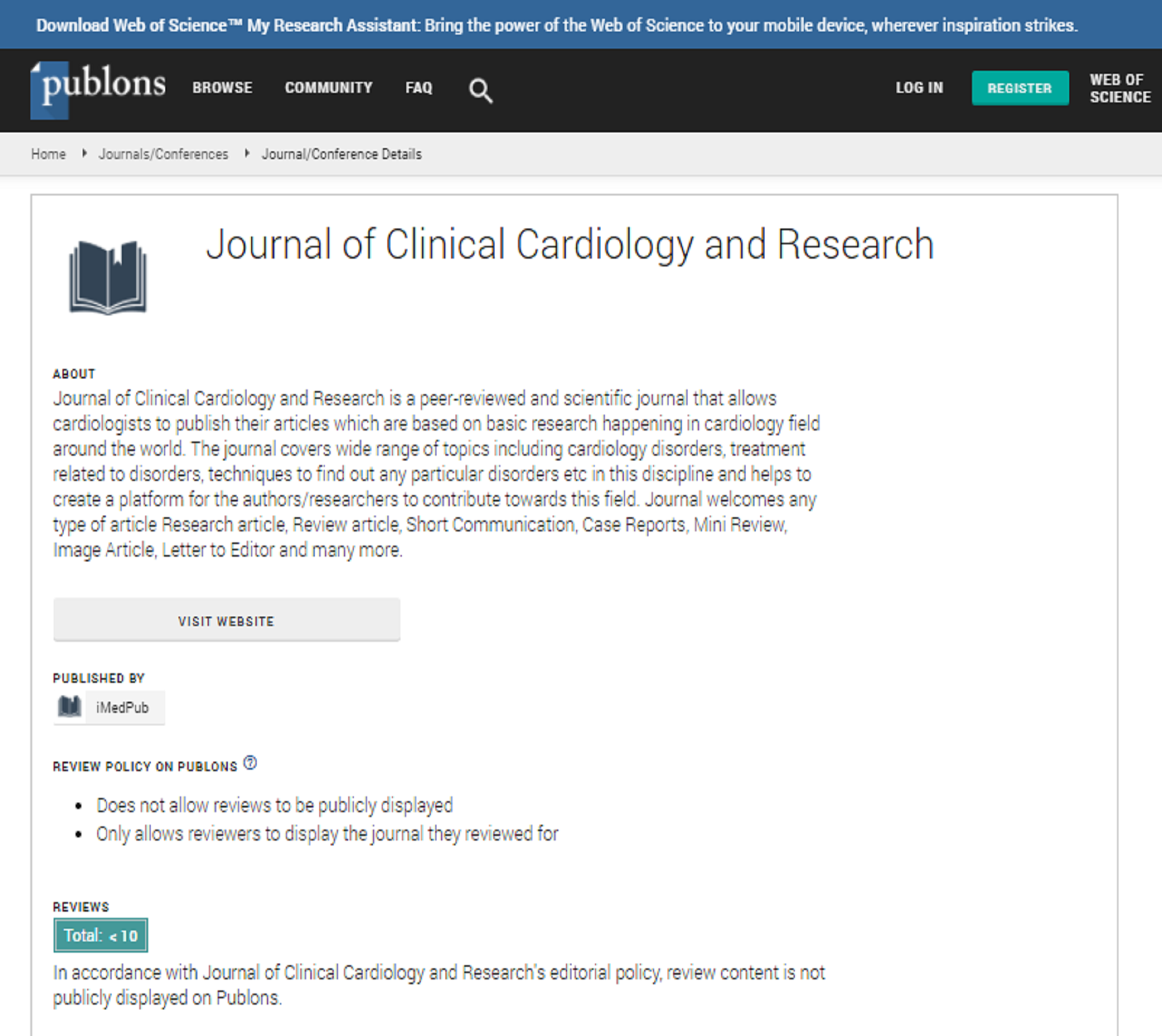Abstract
Nutritional therapy in patient with congestive heart failure
Background:
Congestive heart failure is a chronic and progressive disease, with one of the symptom is a fluid retention as a result of reduced heart’s ability to pump blood.
Case Report:
A 40 year-old moderate malnourished male patient was diagnosed with congestive heart failure and dilated cardiomyopathy for 14 months. There is history of several times hospitalization in the past 6 months. Patient was readmitted 2 weeks ago with major complaints shortness of breath. Oral intake was reduced. Patient’s BMI before diagnosed with heart problem was 33.9 kg/m2, and the BMI in primary survey was 24.6 kg/m2. Vital sign within normal range, only ascites was found in physical examination accompanied by limited functional capacity. There were abnormal values for WBC, TLC, uric acid and sodium serum. Nutritional assessment was based on subjective global assessment. Nutritional therapy was given gradually with target energy 1750 kcal and protein 1.1 g/kg IBW/day. Fluid requirement was adjusted to the patient's fluid output by maintaining a negative fluid balance. Nutrition target was achieved by seventh day of nutritional therapy, in conjunction with improved physical activity and laboratory values
Heart Failure:
Coronary artery disease is considered as a primary cause of heart failure. It is a progressive disease that results from damaged muscles of the heart that affect their blood pumping action. This reduces the blood supplied throughout the body, leading to tiredness, shortness of breath, reduced physical activity, and swelling of ankles and legs. Generally the treatment helps to reduce the symptoms but the specializing treatment depends on the progress of the disease.
Symptoms:
Heart failure may be symptomless or range from mild to severe. Symptoms may be constant or infrequent and may include:
Congested lungs – Fluid filled lungs resulting in shortness of breath, dry cough, or wheezing
Fluid and water retention – Results from reduced blood supply to kidneys, in turn leading to swollen ankles, legs, and abdomen (body swelling), weight gain, increased frequency of urination at night, loss of appetite, and/or nausea
Reduced blood supply to vital organs – Results in dizziness, tiredness, weakness, and confusion
Rapid or irregular heartbeats
Weight gain
Chest pain
Fainting in severe cases
Symptoms of heart failure in children may include:
Poor feeding
Excessive sweating
Difficulty breathing
Conclusion:
Obesity contributes to the occurrence of cardiomyopathy. Nutritional therapy and fluid management are crucial in holistic care medicine for patients with congestive heart failure to reduce mortality.
Biography:
Maria Angela is a Clinical Nutrition Specialist Program Participant in Faculty of Medicine, Hasanuddin University, and Makassar, Indonesia. She has earned her Medical Doctorate at Wijaya Kusuma Surabaya University in 2011. She has worked at Premier Hospital Surabaya for 3 years as a Resident Medical Officer and was joined in Palliative Team for cancer patients. In 2015, she enrolled in Clinical Nutrition Specialist Program at Hasanuddin University
Author(s): Maria Angela and Agussalim Bukhari
Abstract | PDF
Share This Article
Google Scholar citation report
Journal of Clinical Cardiology and Research peer review process verified at publons
Abstracted/Indexed in
- Google Scholar
- Publons
Open Access Journals
- Aquaculture & Veterinary Science
- Chemistry & Chemical Sciences
- Clinical Sciences
- Engineering
- General Science
- Genetics & Molecular Biology
- Health Care & Nursing
- Immunology & Microbiology
- Materials Science
- Mathematics & Physics
- Medical Sciences
- Neurology & Psychiatry
- Oncology & Cancer Science
- Pharmaceutical Sciences

